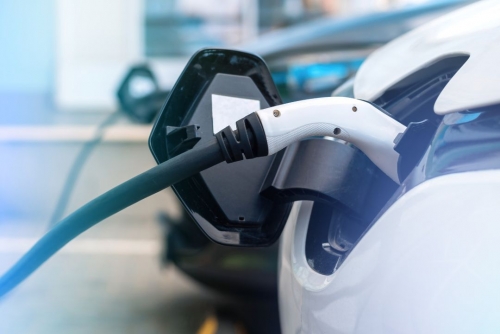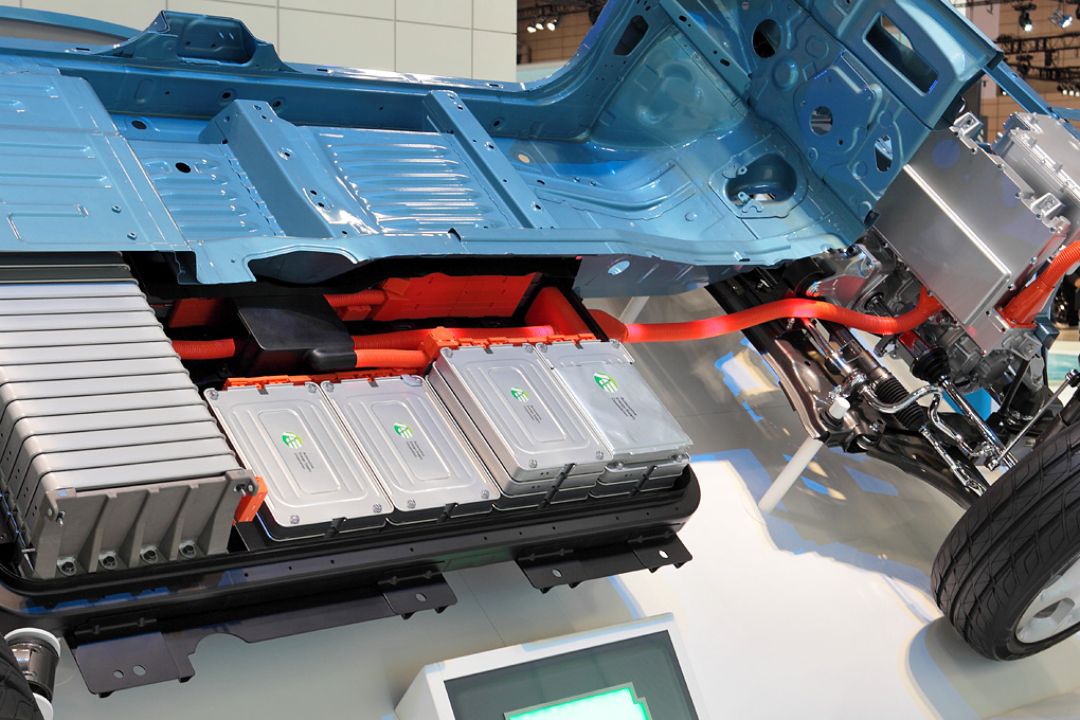Are Electric Vehicles Truly Sustainable for the Environment?
TDT | Manama
The Daily Tribune - www.newsofbahrain.com
Electric vehicles (EVs) are often celebrated as the cornerstone of sustainable transportation, offering the promise of reduced greenhouse gas emissions and a solution to climate change. However, beneath this green promise lies a complex environmental dilemma, raising critical questions about the actual sustainability of EVs in achieving long-term ecological balance. From the extraction of raw materials for batteries to the environmental costs of manufacturing and deforestation linked to production plant expansions, the environmental impact of the EV industry is significant and merits thorough examination.
The Hidden Costs of Battery Production
A major environmental concern associated with EVs is the extraction of raw materials like lithium, cobalt, and nickel, essential for lithium-ion battery production. These materials are crucial for powering EVs, yet their mining comes with significant environmental and ethical challenges.
For example, lithium extraction has caused severe ecological damage in countries such as Chile, Bolivia, and Argentina, where large reserves are located. The process involves pumping vast quantities of groundwater to the surface, potentially leading to water scarcity in already arid regions. This has had devastating impacts on local ecosystems and communities that depend on these water sources for agriculture and drinking.
Cobalt mining, mainly in the Democratic Republic of Congo, presents additional challenges. Besides environmental degradation, cobalt extraction has been associated with human rights abuses, including child labor. The environmental consequences include landscape destruction and water contamination with toxic chemicals, further amplifying the negative impact on both people and the planet.
Environmental Impact of Battery Manufacturing
Beyond mining, the manufacturing of EV batteries poses significant environmental challenges. The production process for lithium-ion batteries is energy-intensive, often relying on fossil fuels, which can offset some of the environmental benefits of driving an EV. Studies indicate that the carbon footprint of manufacturing an EV battery can rival the emissions from driving a conventional internal combustion engine (ICE) vehicle for several years.
Additionally, battery production generates considerable amounts of toxic waste and pollutants, including heavy metals and chemicals that can contaminate soil and water. The disposal of used batteries adds another layer of environmental complexity, as improper disposal can lead to long-term pollution issues.
Deforestation and Habitat Destruction
The environmental concerns extend beyond raw material extraction and battery manufacturing to include deforestation linked to the expansion of EV production facilities. A notable example is Tesla’s Gigafactory in Germany, where approximately 500,000 trees were cleared to make way for the new plant. Although Tesla has pledged to replant trees and restore habitats, the immediate impact on local ecosystems is undeniable.
Deforestation for industrial growth not only leads to habitat loss for wildlife but also exacerbates climate change by reducing the number of trees that can absorb carbon dioxide. The removal of vast forested areas also threatens local biodiversity, potentially driving species that depend on these habitats to extinction.
Conclusion: A Need for Holistic Sustainability
While EVs present a promising alternative to traditional fossil-fuel vehicles, their environmental sustainability is not straightforward. The challenges of raw material extraction, battery manufacturing pollution, and deforestation for production expansion highlight the need for a more comprehensive approach to sustainability in the automotive industry, one that considers the entire lifecycle of a vehicle, from raw material extraction to end-of-life disposal.
To truly achieve environmental sustainability, the EV industry must address these challenges by investing in cleaner, more efficient technologies, promoting the recycling and reuse of materials, and ensuring that production expansions do not come at the expense of the planet’s precious ecosystems. Only then can EVs deliver on their promise of being a genuinely green alternative for the future of transportation.
Related Posts






